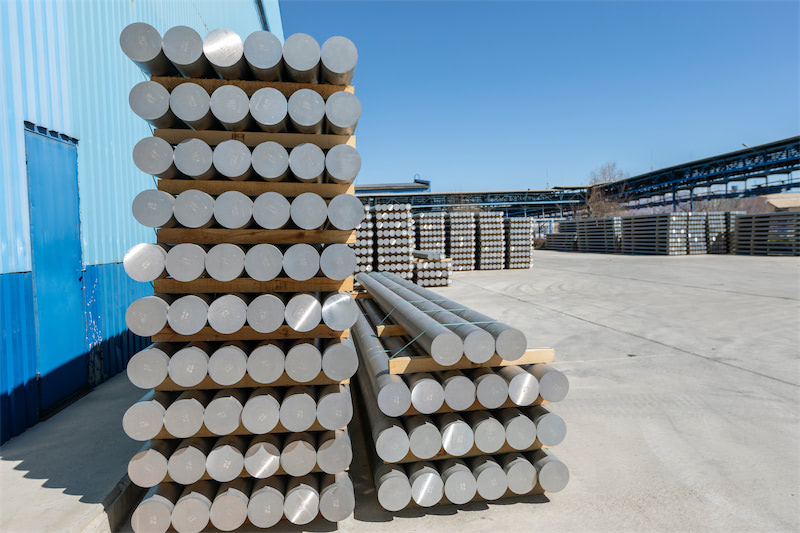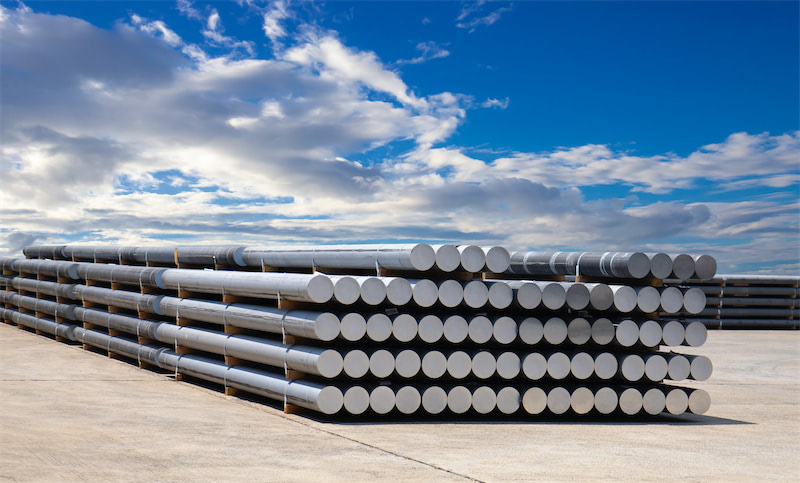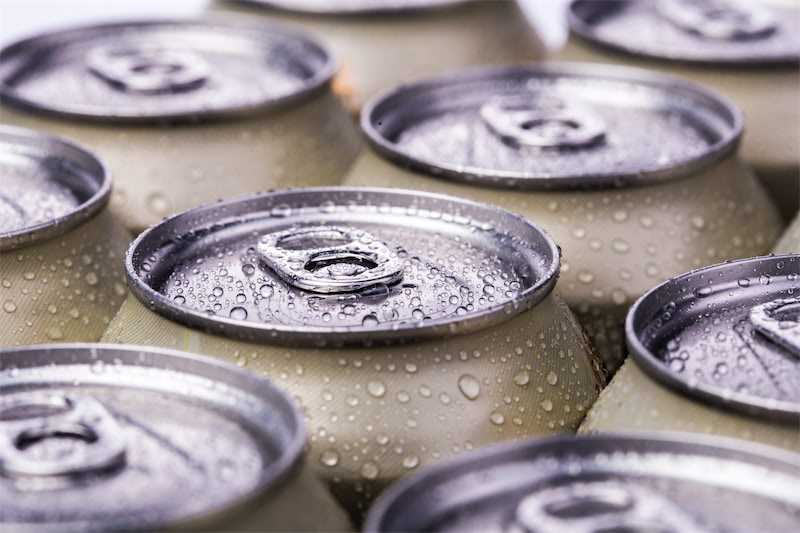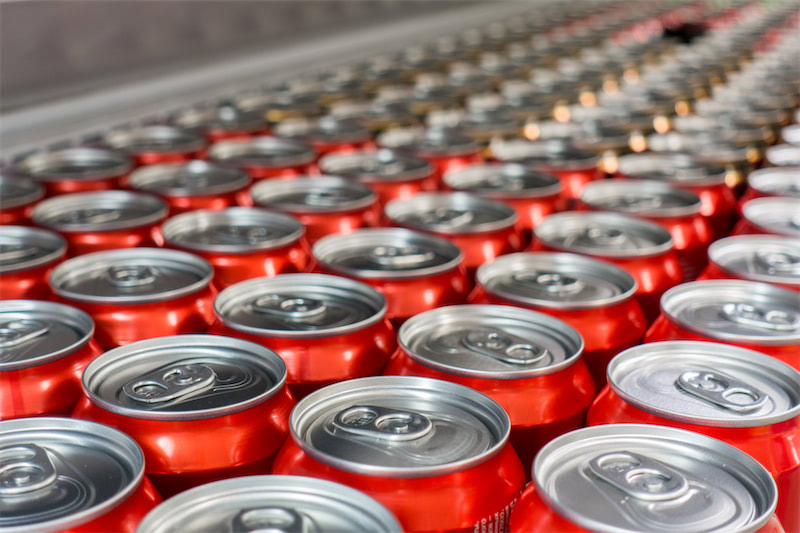On September 19, 2024, the UK embassy in Jakarta announced that Britain signed a memorandum of understanding (MoU) with Indonesia to collaborate on critical minerals.
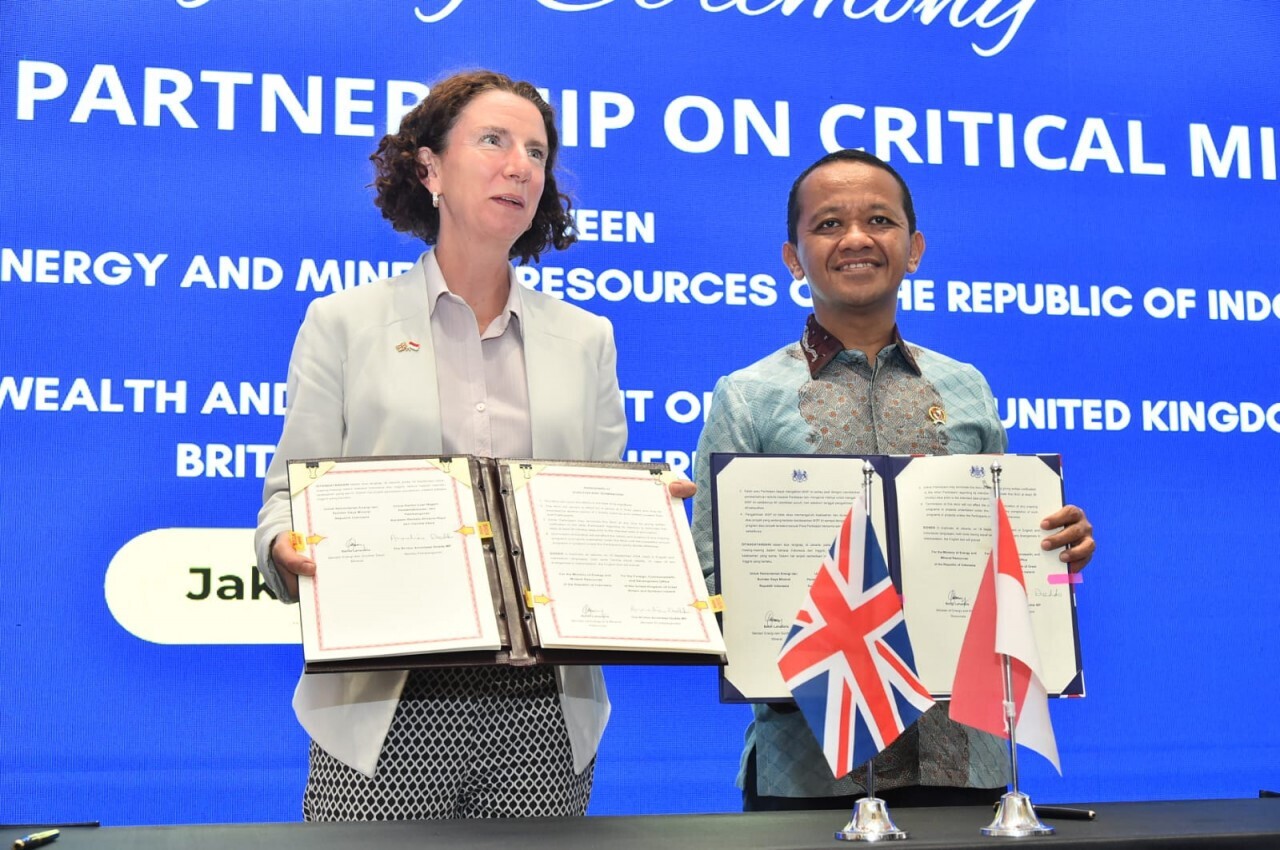
Indonesia, the largest country in Southeast Asia and known for its vast mineral resources, will work with the UK to enhance policy dialogue, exchange technical knowledge, and foster expertise in key areas such as supply chain resilience, sustainable processing (both upstream and downstream), and the assessment of mineral criticality. The statement did not provide specific details regarding the agreement.
With its abundant deposits of bauxite, tin, and copper, Indonesia is the world’s largest producer of nickel ore. The country strives to maximise the value of its mineral resources. The country is actively seeking to attract investments into processing these minerals and boosting the production of electric vehicle batteries. This initiative follows a recent approach from the United States, which, two months ago, invited Indonesia to join a multinational partnership focused on accelerating the development of sustainable critical mineral supply chains.
After signing the deal with Indonesia's energy minister, Anneliese Dodds, Britain's development minister, said, "The partnership puts both countries as key players in the critical minerals supply chain."
Since Indonesia banned the export of unprocessed nickel ore in 2020, the country has significantly expanded its nickel processing sector. However, environmentalists have raised concerns, accusing the industry of contributing to deforestation and causing water and air pollution due to smelter operations.
In a statement on September 18, 2024, Dodds said that the UK's partnership with Indonesia aims to generate local employment while safeguarding the environment from the harmful effects of mining. She emphasised that the collaboration is "incredibly important."
Critical minerals, particularly rare earth metals, play a vital role in both the UK's defence and civilian industries. They are essential components in chemical catalysts, lasers, high-powered magnets, batteries, LEDs, night-vision goggles, computer hard drives, and lithium-ion batteries. These minerals are also crucial for advanced technologies like aeronautics, military surveillance systems, and satellite communications.
Edited By: Rupankar Majumder


